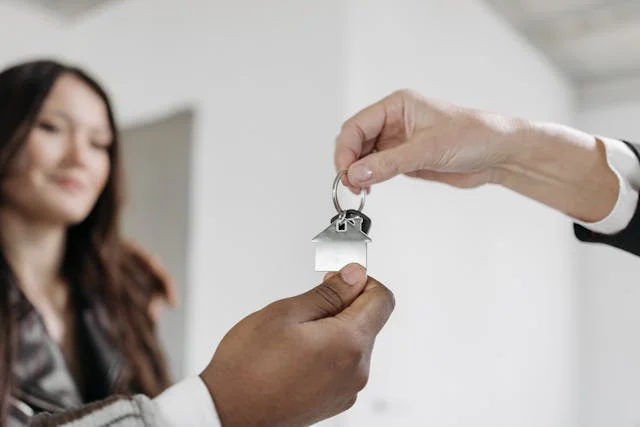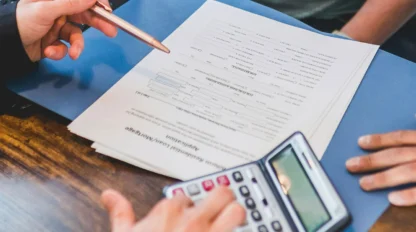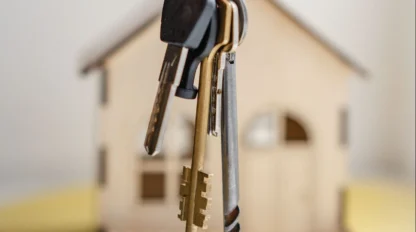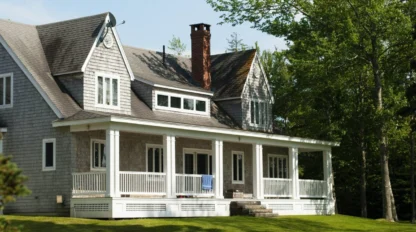Can the Executor Sell a House That Is in Probate?

If you’ve inherited a property, you might be wondering if the executor of the estate can sell it during probate. The short answer is yes, but it’s not as simple as putting up a “For Sale” sign.
Here’s what you need to know about how and why an executor might sell a house in probate.
Why Would the Executor Sell the House?
When a loved one passes away, their estate includes everything they own—cash, property, debts, and other assets—which becomes an inheritance.
The executor, appointed by the probate court or named in the will, manages the estate.
Selling a house during probate isn’t always required, but there are situations where it becomes the most practical or necessary option.
1. To Pay Off Debts Owed by the Estate
When your loved one passes away with debts, the estate is responsible for paying off any outstanding obligations, and that includes:
- Mortgages: If the house has an unpaid mortgage, the lender will expect payments to continue or the balance to be paid off. Selling the house can ensure this happens quickly.
- Medical bills: Many estates face significant medical expenses, especially if the deceased had prolonged healthcare needs.
- Taxes: This includes property taxes, income taxes, or estate taxes owed by the deceased.
- Other debts: Credit cards, loans, or other unpaid bills must also be cleared.
If the estate doesn’t have enough cash to cover these costs, the executor may need to sell the house to raise the funds.
2. To Simplify the Division of Assets
If you’re one of multiple beneficiaries, dividing up a house can be complicated. You might want to sell the house, but another beneficiary wants to keep it. Dividing ownership or managing the property together could lead to disagreements.
By selling the house, the executor can convert it into cash, which is much easier to divide among you and the other beneficiaries. This approach avoids disputes and ensures you get your fair share.
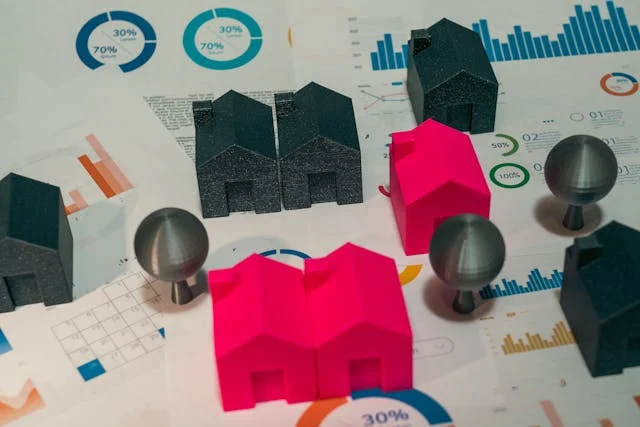
3. To Avoid Ongoing Costs
During probate, maintaining the house can become a financial burden on the estate. The executor has to cover:
- Utility bills (like electricity and water).
- Property taxes.
- Insurance premiums.
- Maintenance and repairs to keep the property in good condition.
If the estate doesn’t have the money to handle these ongoing expenses, selling the house makes financial sense. It removes these costs and helps preserve the estate’s value.
4. If the Property is No Longer Practical to Keep
Sometimes, selling the house is simply the best option for you and the other beneficiaries.
The house might be far from where you live, making it inconvenient to manage. It could need extensive repairs that you or the estate can’t afford.
Selling the house allows the proceeds to be used more effectively, whether for paying debts or distributing funds to you and the other heirs.
5. If the Will Requires It
The deceased might have left specific instructions in their will to sell the house.
If that’s the case, the executor is legally obligated to carry out those wishes. This ensures the estate is handled according to the deceased’s plan.
How Does an Executor Sell a House in Probate?
Selling a house during probate involves specific steps to ensure it’s done legally and fairly. Here’s what you need to know.
Establish Authority to Sell
First, the executor must have the legal authority to sell your property. This authority is typically granted by the probate court when the executor is officially appointed.
Depending on the type of probate, the court may require the executor to seek approval before listing the property for sale.
Get the House Appraised
The executor will arrange for a professional appraisal to determine the property’s fair market value.
This step is essential because probate laws often require that a house be sold for at least 90% of its appraised value.
Notify Beneficiaries
The executor is responsible for keeping you and other beneficiaries informed about the sale.
They should explain why the house is being sold and provide updates throughout the process.
Prepare the House for Sale
Probate properties are often sold “as-is” meaning no major repairs or renovations are made.
However, the executor may clean and declutter your property to make it more appealing to buyers.
Hire Professionals
The executor will likely work with:
- A probate attorney: To ensure all legal requirements are met.
- A real estate professional: Specializing in probate sales to market the property effectively and find buyers.
List the Property
Your house is listed on the market, with full disclosure that it’s part of a probate estate.
This informs potential buyers that additional legal steps may be required, such as court approval, before the sale is finalized.
Accept an Offer
Once offers come in, the executor reviews them to ensure they meet the legal requirements.
They’ll typically choose the highest and best offer, keeping the beneficiaries’ interests in mind.
Obtain Court Approval (If Required)
In some cases, the court must approve the sale before it’s finalized. This step ensures your property is sold for a fair price and according to probate rules.
Close the Sale
After approval, the executor completes the sale by signing the necessary documents, transferring ownership to the buyer, and ensuring the proceeds go to the estate.
Distribute the Proceeds
The money from the sale is used to:
- Pay off any remaining debts or taxes owed by the estate.
- Distribute the remaining funds to you and other beneficiaries according to the will or state law.
Sell Your Probate House Quickly with Grandview Homes!
If you’re wondering whether an executor can sell a house in probate, the answer is yes—and Grandview Homes can make the process fast and stress-free.
Managing an estate can feel overwhelming, but selling the house doesn’t have to be. Grandview Homes specializes in purchasing homes quickly and as-is, allowing the executor to focus on settling the estate without the hassle of lengthy sales processes or costly repairs.
Whether the house is part of an estate that needs to settle debts or simply requires a quick sale to distribute assets, Grandview Homes has you covered. In just 24 hours, we can give you a fair and competitive offer tailored to meet the estate’s needs.
